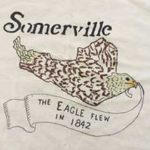
Eagle Feathers #276 – A Glorious Morning in April
By Bob (Monty) Doherty
“What a glorious morning for America.” Today, this quote circles the logo of Lexington, Massachusetts. It is attributable to the Samuel Adams quote of April 19, 1775 to John Hancock upon hearing the gunfire at the Battle of Lexington. They had just been saved by a desperate rider’s message.
Somerville Statesman, honorable Edward Everett first brought this quote to notice in his 1825 Lexington oration. The Prospect Hill monument celebrates the raising of America’s first flag and the birth of the Continental Army. It took place there on January 1, 1776 and was coincidentally the 40th birthday of one of General Washington’s soldiers.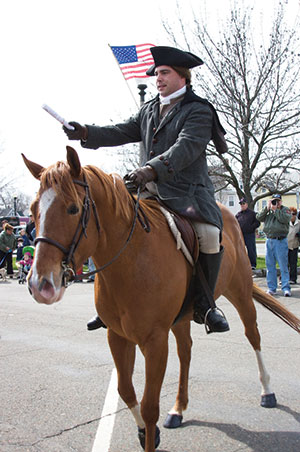
At that time, this new United States trooper had already proven his allegiance to the colonial cause. Eight months before on the eve of April 19th on a daring midnight ride through Somerville and beyond, he triggered the American Revolution. His name was Paul Revere and the trail he and his horse left across this city that night was far reaching.
Although Somerville never claimed Revere as its name, she can vaunt an historic trail of connections with the famous “Midnight Rider.” Today, a memorial statue in front of the Holiday Inn on Washington Street makes note of his near capture by British cavalry. If he had been caught at this site, American history would have been altered. His name has emblazoned some of our city’s parks, apartment buildings and businesses. Stone markers at Cobble Hill and the crown of Winter Hill make note of Revere’s ride.
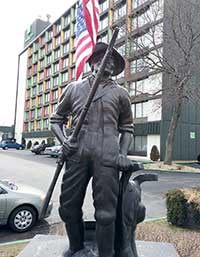
During his time, he was not only a patriot, but a soldier, sailor and spy. Revere was also a businessman. His foundry produced cannons and bells, some of which hang in this city today. He provided the USS Constitution with bolts, spikes, blocks and copper for her hull. He was the first to roll copper over the dome of the Massachusetts State House. Early on, he was an engraver and a silversmith who did much work for Elias Hasket Derby of Somerville, the nation’s first millionaire and once owner of the Ten Hills Farm.
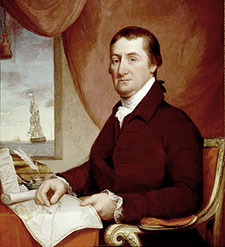
Elias Derby, the son of Richard Derby, the Colonial “King of Shipping” at that time and his Salem family were patriots. They took an active part in support of the colonies during the Revolution. During those revolutionary years, their ships numbered 158 privateers which captured 445 British vessels.
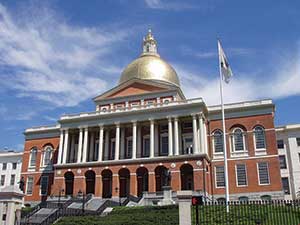
After the Battle of Lexington, Elias’s brother John was sent by the Continental Congress on a secret mission. He quickly sailed his small schooner, the Quero, the fastest in the fleet, across the ocean to London and delivered the first American accounts of the fighting to Benjamin Franklin, our American Ambassador. Eight years later, also on a Derby ship, John brought home the first message of the “Treaty of Paris” ending the Revolutionary War.
They were Paul Revere, the son of a French emigrant and Elias Hasket Derby, a Prince of Shipping … Rich man and poor man, patriots both.















Reader Comments